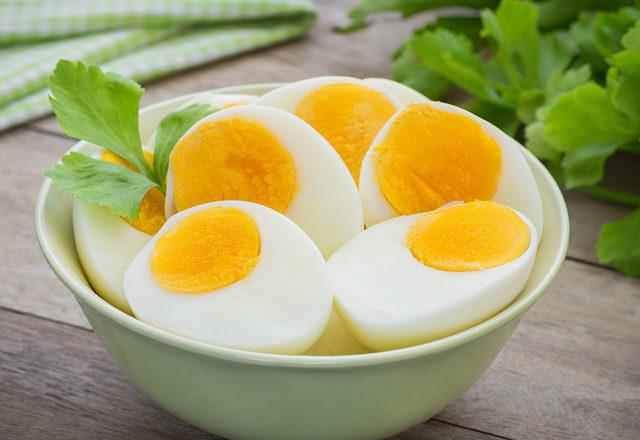Vitamin B12 cannot be consumed by the human body. Proper nutrition is very important for vitamin B12, which is taken with the help of external food. If there is a deficiency in the body, absorption disorders, inadequate and unhealthy nutrition and digestive problems are seen. Vitamin B12 deficiency occurs when the body does not get enough vitamin B12. This can cause serious and permanent damage to the nervous system and brain. Even slightly low B12 levels can cause depression, problems with focusing, loss of consciousness, insomnia, and even balance and anemia from time to time. Therefore, it is necessary to consume the right foods for B12.
B12 DEFICIENCY SYMPTOMS
- B12 deficiency can cause anemia. Palpitations, decreased effort capacity, fatigue and weakness, concentration disorders and darkening may develop due to anemia, which is defined as pernicious anemia.
- Diarrhea can be seen with redness and burning sensation in the tongue, sores in the mouth and night contractions in the legs.
- Tingling and numbness in the feet, legs, arms and hands, and deterioration in mental functions are observed.
- It can cause problems such as memory loss and forgetfulness, especially in the elderly. Decreases in B12 absorption and storage by the body are observed with age. B12 deficiency plays an effective role in the formation of depression in individuals over the age of 65.
- B12 deficiency prevents the synthesis of new cells and causes the metabolism to slow down.
FOODS CONTAINING B12

- Liver
- Spleen
- Kidney
- Mussel
- Trout
- Shrimp
- Tuna
- Milk
- Cheese
- Yogurt
- Egg
